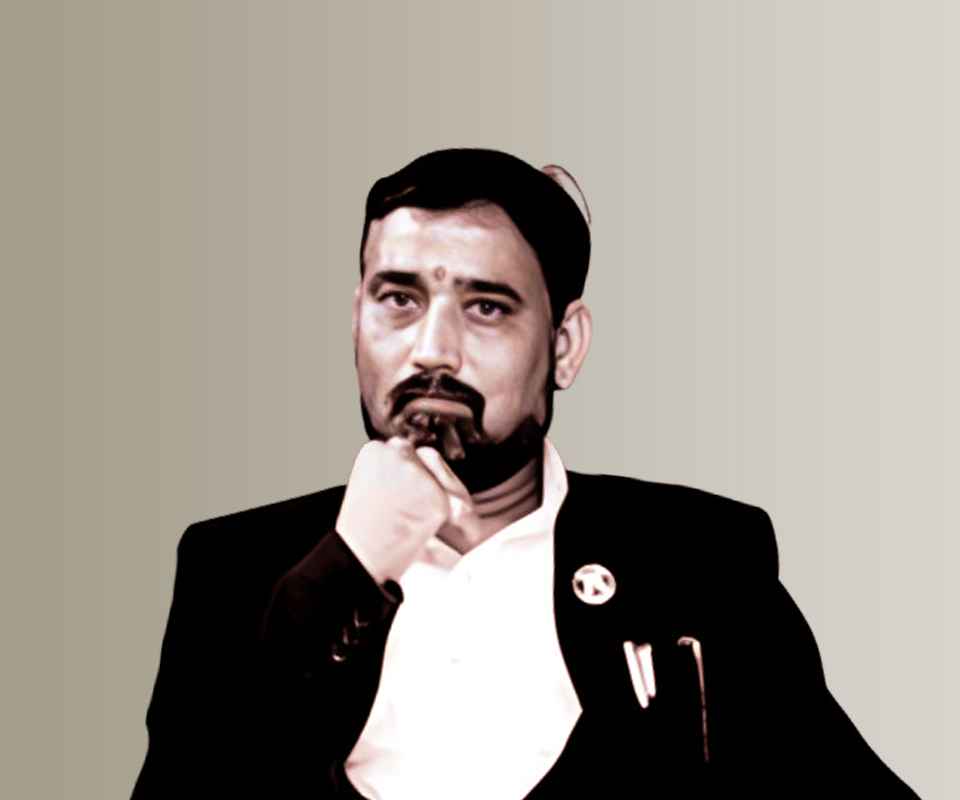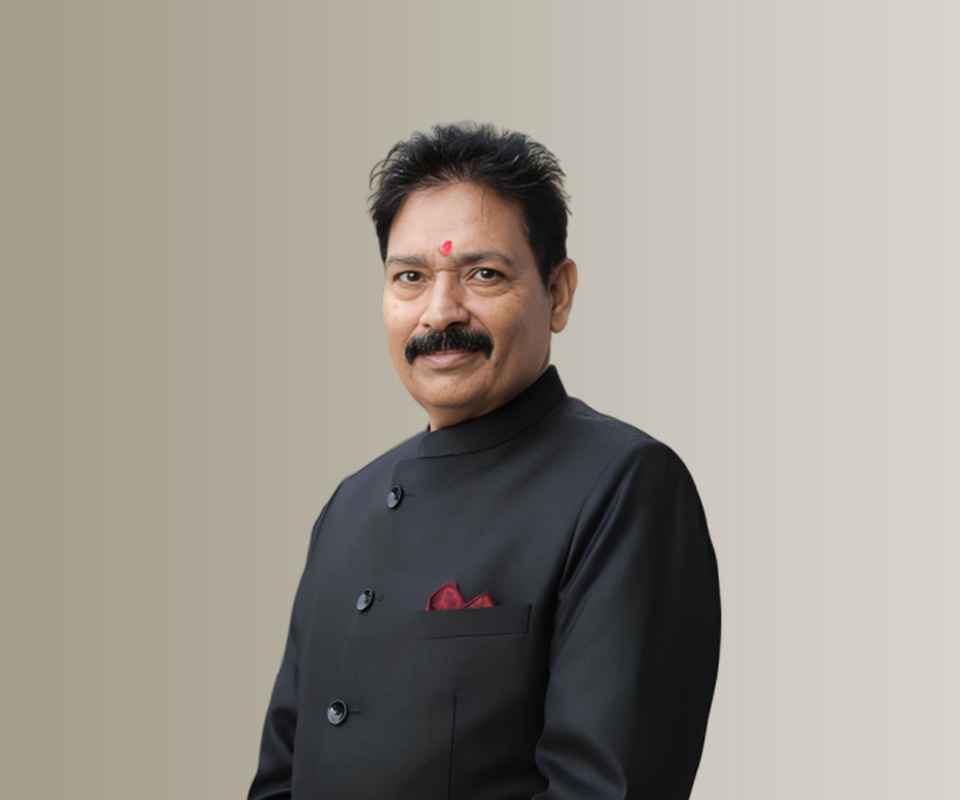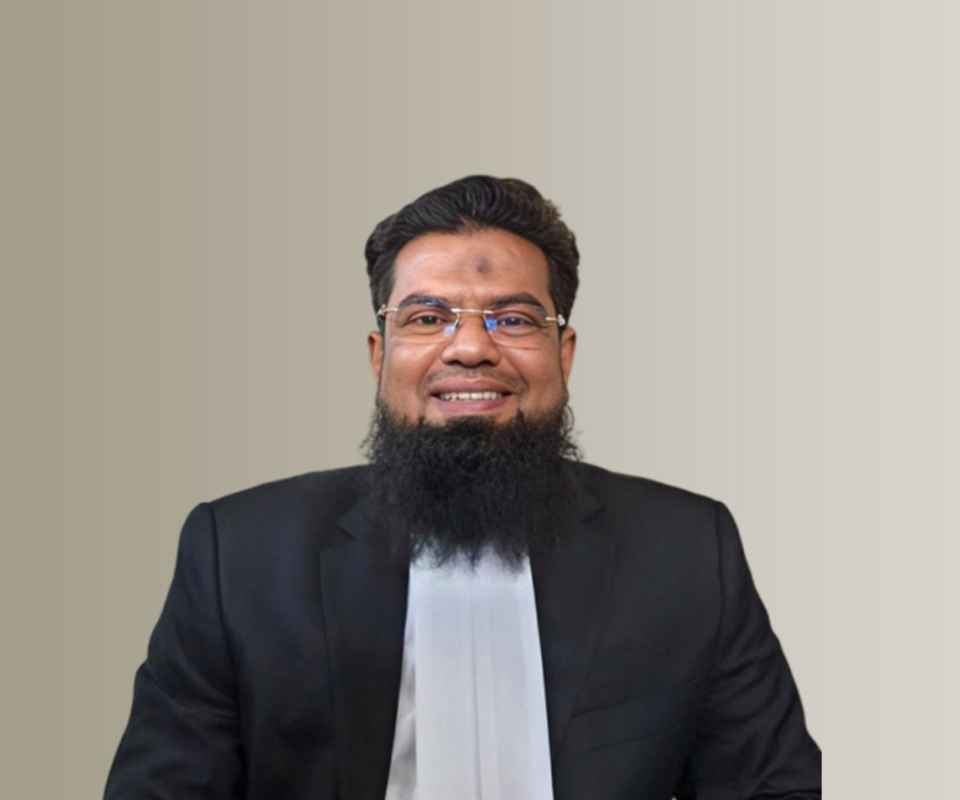Answer By law4u team
In India, interfaith marriages—unions between individuals from different religious backgrounds—are a topic of significant legal and social complexity. While the Indian Constitution guarantees the right to marry irrespective of religion, the country's personal laws governing marriage often create legal challenges for interfaith couples. The legal implications of such marriages vary depending on whether they are registered under religious personal laws or the secular Special Marriage Act. Additionally, issues related to conversion, inheritance rights, and family acceptance complicate the legal landscape.
Legal Implications of Interfaith Marriages:
Choice of Marriage Act:
Special Marriage Act, 1954:
Couples of different religions can opt to marry under the Special Marriage Act, which is a secular law that allows interfaith marriages without requiring either partner to convert to the other's religion. It provides a legal framework for civil marriages, and the marriage is recognized across India, irrespective of the couple's religion.
Personal Laws:
If an interfaith couple chooses to marry under the personal laws of one partner’s religion (e.g., the Hindu Marriage Act for a Hindu-Muslim marriage), complications may arise due to the restrictive nature of these laws. The marriage may not be legally recognized if one of the individuals does not follow the religious stipulations of the relevant law.
Religious Conversion:
In many cases, one of the partners may be required to convert to the other’s religion for the marriage to be recognized under certain personal laws (e.g., a Hindu woman marrying a Muslim man might be expected to convert to Islam). This can lead to legal issues around the validity of the conversion, and the process often faces scrutiny under the law, especially in states that have anti-conversion laws.
The Freedom of Religion Acts in some states, such as Uttar Pradesh’s Prohibition of Unlawful Conversion Act, 2021, mandate that religious conversion for marriage be declared in front of authorities, and unauthorized conversions are subject to penalties. This has created legal confusion for interfaith couples.
Legal Recognition of the Marriage:
Marriages under the Special Marriage Act are legally recognized across the country, including in states that have stringent anti-conversion laws. However, marriages conducted under personal laws may face legal challenges, especially when it comes to inheritance, guardianship, and other rights.
Family Law Issues:
If the marriage is not recognized under personal laws, the couple might face issues regarding inheritance, child custody, or property rights. For example, under Hindu personal law, if a Hindu woman marries a Muslim man, the union may not be legally recognized as it doesn’t conform to the Hindu Marriage Act.
Protection of Women’s Rights:
In some cases, interfaith marriages can expose women to social or legal vulnerabilities, such as loss of marital rights or economic security. Furthermore, cases of love jihad, a controversial and politically charged term used to describe alleged forced conversions in the context of interfaith marriages, often result in social backlash, creating additional legal and personal risks for women.
Parental Consent:
One of the common legal challenges for interfaith couples in India is the issue of parental consent. While the law provides for the right to marry without parental consent once individuals reach the age of majority (18 for women and 21 for men), social pressure and family opposition can often lead to forced separations or legal battles over the marriage's legitimacy.
Court Interventions and Safeguards:
The Indian courts, including the Supreme Court, have occasionally intervened to protect the rights of individuals in interfaith marriages, especially in cases of threats or forced marriages. The Hadiya case (2017) is one such example where the Supreme Court upheld the right of a woman to marry a person of her choice, despite objections from her parents and local authorities.
Inheritance and Custody Rights:
Legal implications also arise when it comes to the inheritance rights of children born from interfaith marriages. The inheritance laws of the parents’ respective religions can complicate the legal situation, especially when a parent wishes to leave assets to their children after death.
Custody of Children:
In cases where the parents’ religions differ, courts may look into the personal laws of each parent regarding child custody, which can result in contested decisions, especially when there are conflicting views on religious upbringing.
Example:
A Hindu-Muslim Couple Marrying Under the Special Marriage Act:
Case: A Hindu woman and a Muslim man choose to marry under the Special Marriage Act to avoid the complications of converting to each other's religion. They submit an application to the marriage registrar, and after a 30-day notice period, their marriage is legally recognized.
Outcome: Their marriage is legally valid and recognized across India. However, they may face social ostracism or threats from family members. If the wife decides to change her religion for cultural reasons, her conversion may be challenged by local authorities under anti-conversion laws in some states, adding complexity to their situation. Additionally, they may face challenges related to the inheritance of property and child custody in the future, depending on how courts interpret the intersection of their respective personal laws.
Conclusion:
Interfaith marriages in India are fraught with legal complexities due to the intertwining of personal laws, religious beliefs, and social norms. To navigate these legal challenges, couples must understand their rights under both the Special Marriage Act and their respective religious laws, and be prepared for the social and legal hurdles they may face. Ensuring the marriage is registered under the Special Marriage Act provides the most straightforward path to legal recognition. However, broader legal reforms addressing issues like religious conversion and protection of women’s rights are needed to make interfaith marriages smoother and safer for all involved.







